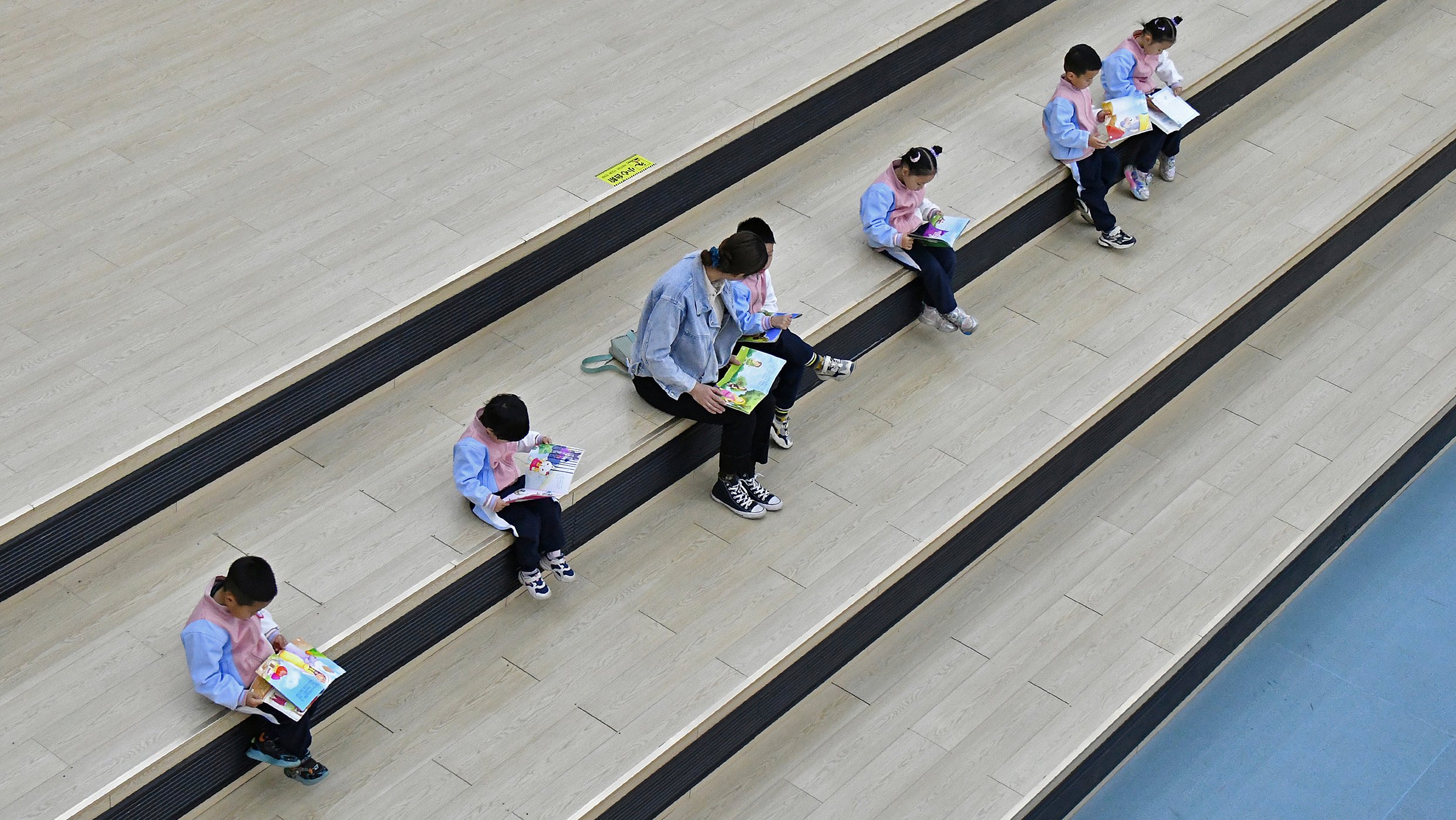As China recovers after a nationwide Covid-19 lockdown, the country’s economic growth faces its worst downturn since 1976. Yet despite everything, Chinese youth are still optimistic about their future — at least, according to a major recent survey.
A joint research project between Chinese dating app Tantan, state media outlet China Youth Daily and the Chinese Academy of Sciences, the survey published in early May covers topics ranging from family relationships and online learning to savings and health consciousness in the post Covid-19 era.

Most strikingly, it found that almost half of respondents — 43.5% — have a positive outlook on the future, with only 8.5% saying they have a negative outlook. The results were compiled from some 3,790 responses from individuals aged between 18-28.
Prior research by the Bill and Melinda Gates Foundation and the Economist Intelligence Unit (EIU) uncovered a similar trend — namely, that China’s economic growth and security for large swathes of the population in recent decades is believed to have created one of the most optimistic young generations anywhere on the planet.
Related:
 5 Million People in China Have Lost their Jobs Thanks to Covid-19 – Here’s How They Are CopingWhether choosing to wait, act or adapt, Chinese citizens are coping with coronavirus-related job loss in a number of different waysArticle Apr 14, 2020
5 Million People in China Have Lost their Jobs Thanks to Covid-19 – Here’s How They Are CopingWhether choosing to wait, act or adapt, Chinese citizens are coping with coronavirus-related job loss in a number of different waysArticle Apr 14, 2020
The report also shows a major attitude shift when it comes to how the (young) public view first responders and other essential workers. Medical workers, community professionals, military personnel, construction workers, and delivery drivers are the top five most respected professions, according to respondents.

While frontline medical staff have been continually hailed as heroes amid the pandemic, Chinese youth have seemingly grown to respect construction workers and delivery drivers, who were widely portrayed in the media as working against the clock to build emergency field hospitals and providing lifelines with food and package deliveries.
Interestingly, 96.5% of people also claim to have more national pride amid coronavirus, while 79.8% of people felt that social problems revealed by the pandemic need to be solved.
Related:
 “Don’t Touch My Hair”: Nurses’ Shaved Heads Spark Controversy Over “Sexist” Coronavirus CoverageNetizens are bashing an online video about women nurses in a media landscape that only shows “women’s sacrifice”Article Feb 19, 2020
“Don’t Touch My Hair”: Nurses’ Shaved Heads Spark Controversy Over “Sexist” Coronavirus CoverageNetizens are bashing an online video about women nurses in a media landscape that only shows “women’s sacrifice”Article Feb 19, 2020
Young people are also seemingly more appreciative of family relationships, largely as a result of the increased isolation that came amid sweeping lockdown measures affecting much of the country. Around 44.3% of respondents think that their relationships with their families have been strengthened since the outbreak.
Similar to what is happening in other parts of the world, quarantine cooking has also gained popularity among Chinese youth, with 36.7% of respondents say they are now cooking more than ever before. This helps account for trending food content on social media platform Weibo, with tutorials for homemade liangpi (凉皮) and youtiao (油条) dishes among the most popular. Millennials in general are more open than past generations to online learning and skill building, and 32.1% of respondents say that they support more online learning and remote work since the outbreak.

Less surprising given the pandemic and resulting economic downturn, millennials are also changing their views on money and hygiene. 78.1% of people say that they are now planning to save money, and around 87.7% of respondents claim they have adopted better personal hygiene practices in the months since the initial outbreak.
While the survey does provide insight into what Chinese youth are currently feeling, whether or not this optimism is widely shared within their generation remains unclear. Many users on social networking apps like Tantan (探探) are white-collar workers in first-tier cities, according to a recent report by iiMedia Research, that have more economic opportunity by default than people from lower-tier cities or rural areas.
What’s more, a recent Youth Day video implying that young people should be “grateful” to the older generation sparked outrage among young social media users, many of whom said that they struggle to make only a modest living — the opposite of what the video portrays.
Related:
 Youth Day Video Sparks Outrage Among China’s “Next Wave,” Highlights Growing Generation GapShould China’s young be grateful to older generations for all that they currently enjoy?Article May 06, 2020
Youth Day Video Sparks Outrage Among China’s “Next Wave,” Highlights Growing Generation GapShould China’s young be grateful to older generations for all that they currently enjoy?Article May 06, 2020
Recent remarks by former Alibaba chairman Jack Ma also sparked controversy among younger netizens. In a widely circulated video on social media platform Weibo, Ma is seen as saying, “Young people should not be afraid of pressure, otherwise their lives are not worth living.”
“Do not brainwash us,” reads one highly upvoted comment. “Whoever likes pressure, they can take it.”
Header image: Pim Chu via Unsplash
All infographics: Martina Monelli


















